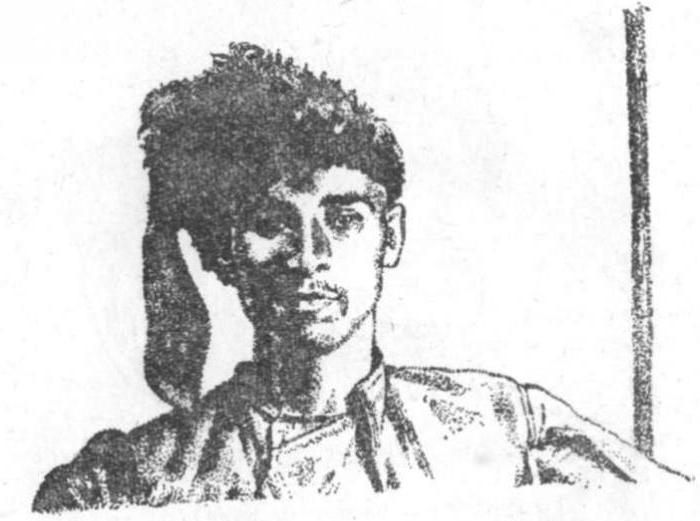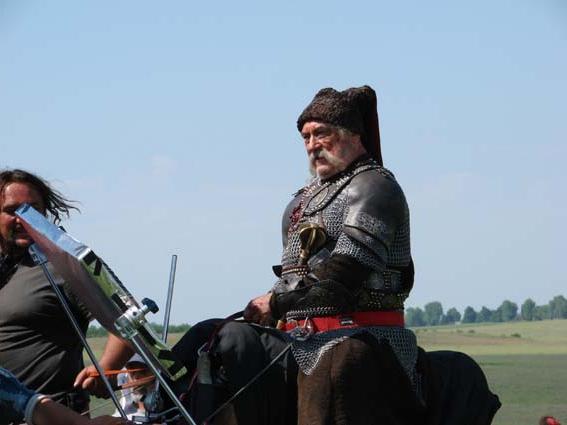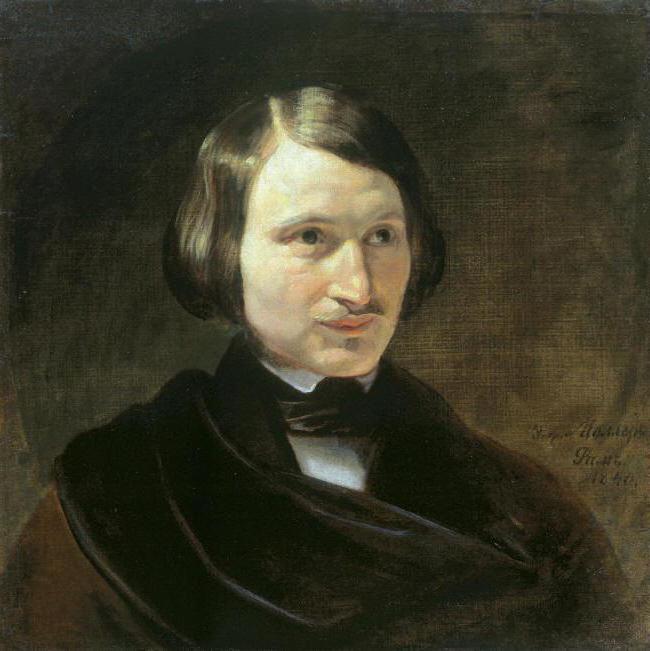The irreconcilable Gogol. The summary of "Taras Bulba" - a knightly challenge to "mouse souls"

The world created by Gogol, once fascinated the great Pushkin. He can not leave us indifferent.
In a special, epic manner, Gogolthe story "Taras Bulba". Views on patriotism, the upbringing of children, fellowship, service to the Motherland of the old, battle-hardened Cossack colonel, reflecting on the lost greatness of the Russian Land, deserve close attention and respect today. Knowingly for the modern classics of cinema Vladimir Bortko next height after Bulgakov (adaptation of "The Master and Margarita") was Gogol. The Russian film director opened the summary of Taras Bulba as closely as possible to the original source and conception of the writer. The choice of the scenario was not accidental: the urgency of the story only increases with time. Too much in the post-Soviet expanse suddenly appeared public Little Russians and Great Russians. Each of them tries to build his personal well-being and imaginary greatness, humiliating his opponent, but in fact degrading himself.
In an artistic epic manner, he wrotehis work Gogol - "Taras Bulba". The brief content of the story even in its extremely compressed form achieves a high goal - to show the partnership on the Russian Land as the cornerstone of our statehood. And what can we say about the unabridged version of the work! Mercantilism in the relations of the Slavs as a harmful external education Gogol derogates from his story, shows insolvent, calls "Busurman". He denounces the aspirants to substitute private property ("stacks with bread", "herds") and the enslavement of other people - the original primordial spirit of camaraderie, which laid the foundation of the Russian Land.

The plot of the story plunges us into the "knightly" 16th century. Taras Bulba, a not poor and very worthy person, managed to give his sons Ostap and Andriy a good pro-Western education. What would our millionaires have done in its place? They would help their children "settle down" on "grain" places in prosperous countries. (Though not our contemporary Gogol, we'll try to make a brief summary of "Taras Bulba" as modern as possible.) However, the wise Cossack colonel calls them back to their homeland, so that in their service they acquire the meaning of life.
Father's school of military art, his viewsto life, born of the heart, "wise grief, labor, expulsion" fully took over his eldest son Ostap. He has the gift of a commander: he quickly assesses the situation, understands and senses where the key direction of the strike is, is able to reverse the course of the battle. Ostap actually saves the Cossacks of Nezamaykovskiy and Steblikivsky kurens, quickly shooting off the enemy guns, ready to give a volley of grape shot. The noblemen, surrounded by a daredevil in an unequal battle, captivate him and, bringing him to Warsaw, are publicly executed, trying to break them down with torture. Ostap shows unbending strength of mind, dying hero. His last words are a call to his father, whether he sees it. The father is his second after God. Old Taras, incognito, arriving in Warsaw in the hope of bribing his son free, can not but respond from the crowd. He is proud of Ostap.

But this is not the younger son of the ataman, Andrii. Although his God did not offend either an article or military qualities, but he is a man of emotions, impulses. Falling in love with the Polish paryanka, Andrii rejects the idea of service, substitutes her with mercantile views on life, passes to the side of the enemy. And about this type of Slavs, who believe that there is the Motherland, where they are well, Gogol tells. The summary of "Taras Bulba" can not do without a narrative about the implementation of the Cossack court and retaliation for the apostate. After capturing Andrius in battle, Taras Bulba himself shoots a son to death, first throwing a severe charge on him in the face of selling his faith, "his own."
The author (who, as we know, is Pushkin's geniuswith joy "presented" the plots of both the "Inspector General" and "Dead Souls") in the story "Taras Bulba" the Rubicon passed in principle, dividing the two fraternal Slavic branches. Did he realize the danger of further aggravation of such discord Gogol? The summary of "Taras Bulba", corresponding to the classic heroic epic, can not fail to point out the depth and seriousness of the comprehension of this problem by the writer. He, figuratively speaking, like the legendary King Arthur, attempts to seat the Slavs at his round knight's table, where everyone is equally responsible to the Motherland for everything that he has. Unfortunately, it so happened in our history, we "put our hand on the brotherhood" only in critical, crucial moments, "miserable", "hitting the floors with our hands", "grabbing the head". Is this why our history is so full of such critical moments?
Burning in the fire heart of Taras Bulba, CossackKing Lear, appealing to the brotherhood, and today is a powerful allegory, urging both branches of Russian people to discard all the fake, alluvial, mercantile, return to the original sources - to partnership.
</ p>>







